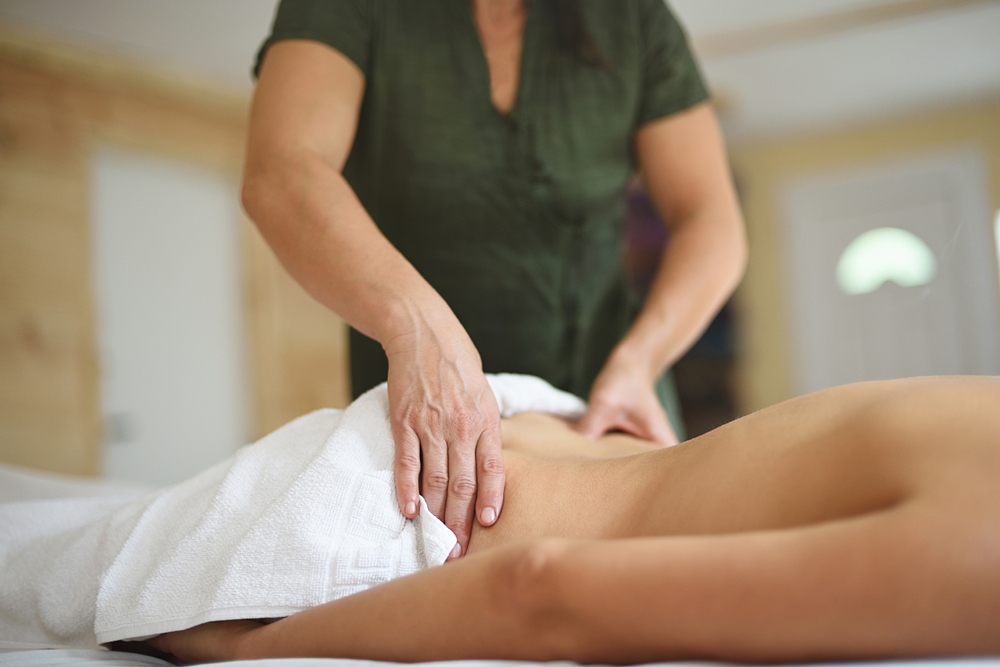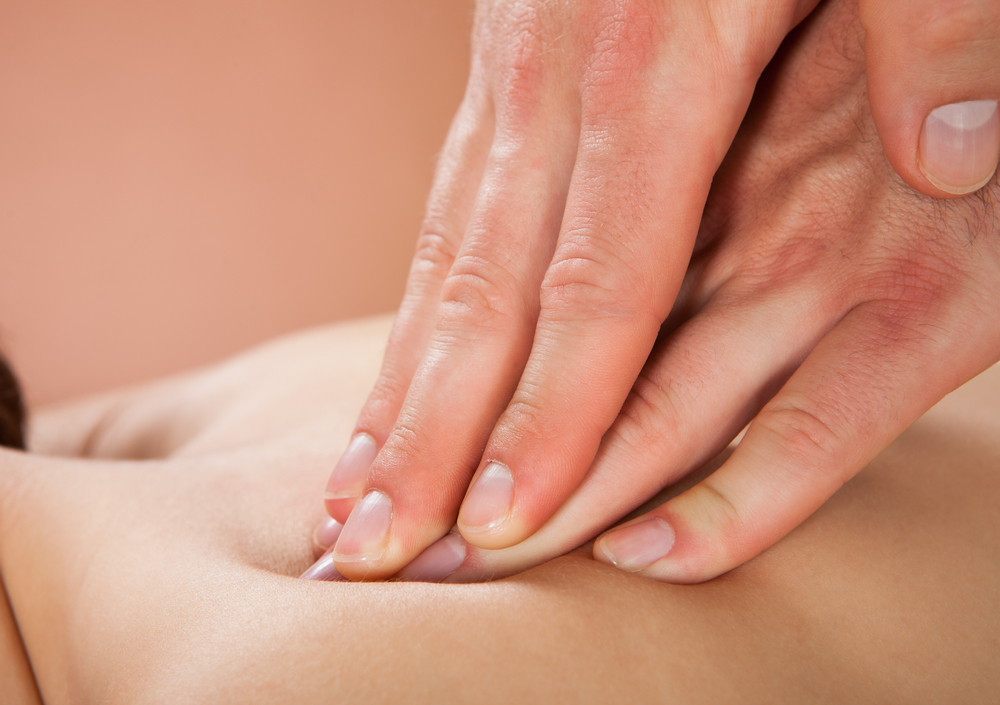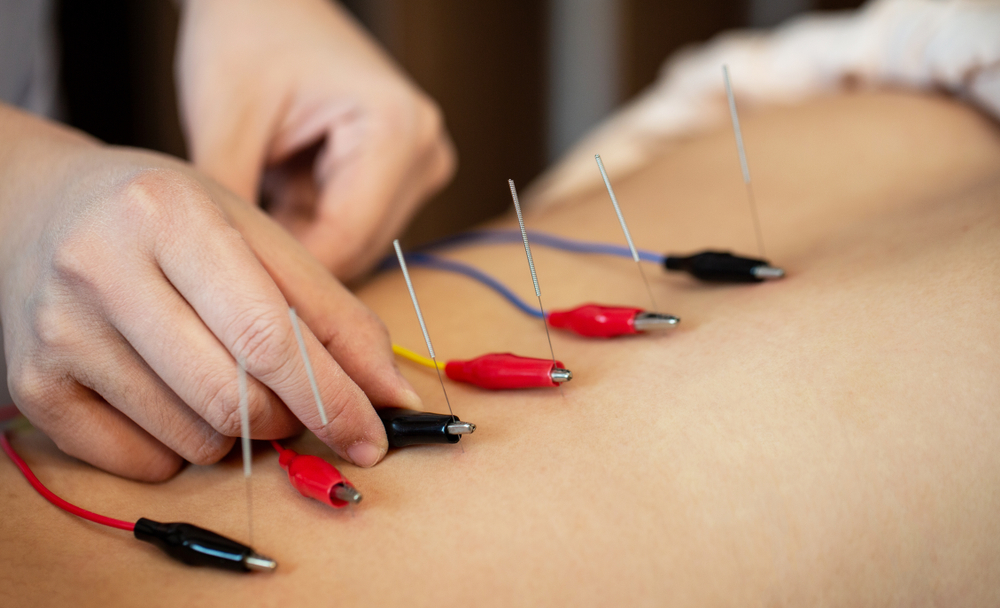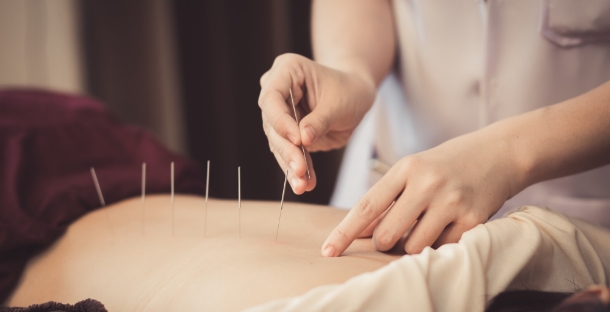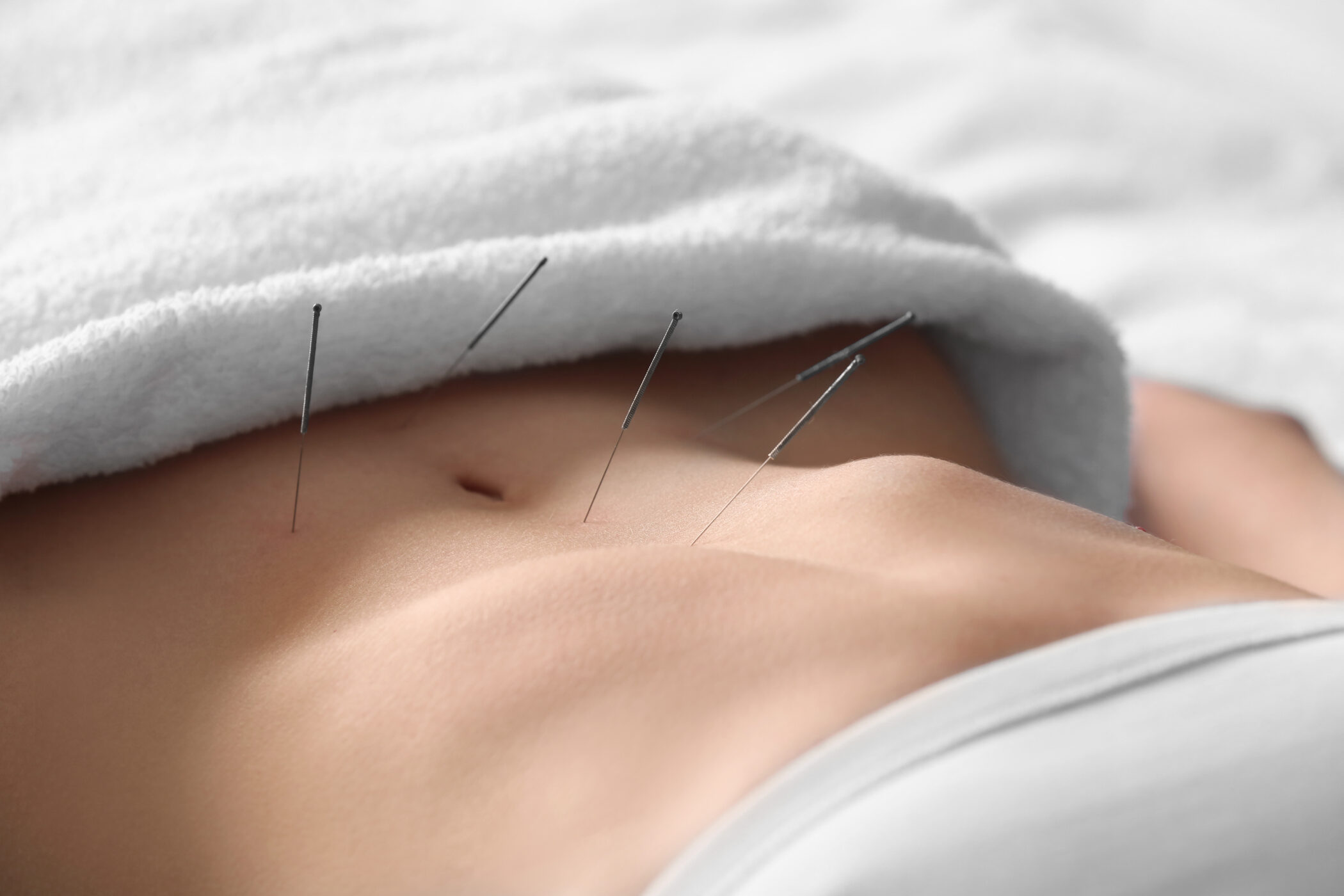
The Menstrual Cycle According to Traditional Chinese Medicine
Most people think of the menstrual cycle as just those few days a month when bleeding occurs, more commonly referred to as a period. There is, of course, a lot more to the menstrual cycle. Throughout the cycle, different hormones regulate the functions necessary for pregnancy. And medical studies have revealed just how important healthy menstrual cycles are to the health of those born with female reproductive organs. Traditional Chinese Medicine has long focused on the menstrual cycle as a pivotal part of wellness for women and those assigned female at birth (AFAB). Today, we’re going over what the menstrual cycle is and how it is viewed and treated in Traditional Chinese Medicine.
What is Traditional Chinese Medicine?
Traditional Chinese Medicine (TCM) is an ancient medical system that has evolved over thousands of years and is used to diagnose, treat, and prevent illness and disease. There are many branches of TCM, like acupuncture, tai chi, and herbal medicine. The foundational principle in TCM is that vital energy called Qi (pronounced “chee”) flows through our bodies. When Qi becomes imbalanced or stagnates, this causes us to become sick. Each branch of TCM employs techniques designed to restore balance and activate our bodies’ natural healing processes.
How does Traditional Chinese Medicine differ from western medicine?
The fundamental difference is in TCM’s holistic approach to medical treatment. Traditional Chinese Medicine treats all systems and organs in the body as being deeply interconnected. This interconnectedness is how modalities like acupuncture, which is non-invasive, treat conditions affecting deep tissue and internal organs. Further, TCM practitioners tailor their treatments to their patients’ individual needs, rather than rely on statistical models for how a condition should be treated. Put more simply, the goal is to restore you to good health rather than simply treat a collection of symptoms.
What is the menstrual cycle?
The menstrual cycle is how the body prepares for pregnancy. Each cycle will typically last between 25 and 38 days. Women and AFAB people will have cycles starting in puberty and lasting through to menopause, which generally starts in their 40s or 50s.
During the menstrual cycle, female hormones, estrogen and progesterone, are produced to help prepare the uterine lining (endometrium) for embryo implantation, develop ovarian follicles, and released the mature egg into the uterus. The bleeding experienced once a month is the endometrium shedding when pregnancy has not occurred that cycle.
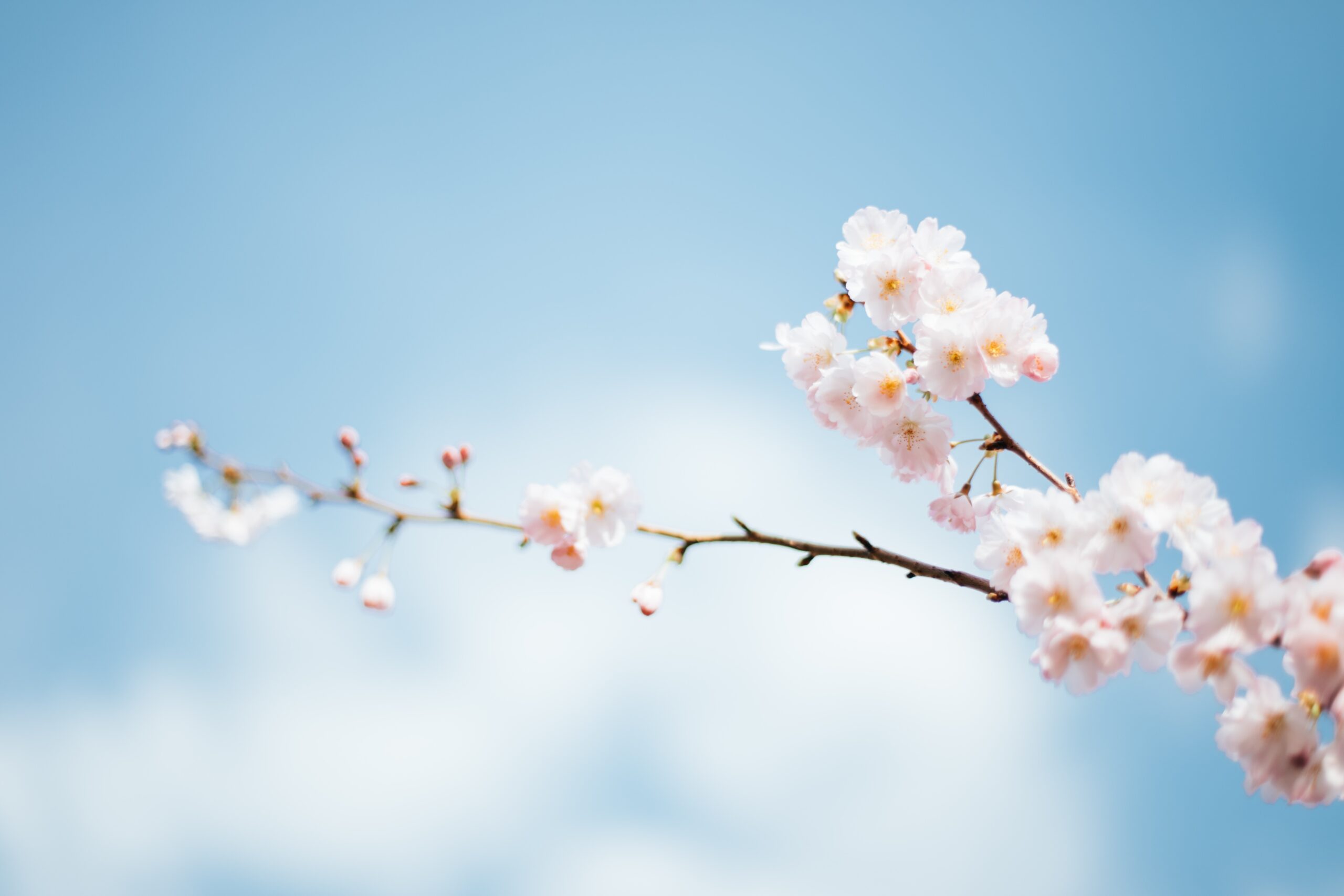
The 4 phases of the menstrual cycle
Much like in western medicine, Traditional Chinese Medicine identifies four distinct phases in the menstrual cycle. And while in the West it is taken as a fact of life that menstruation is painful, this doesn’t have to be the case. Traditional Chinese Medicine breaks down the cycles into seasons. If we can harmonize and find balance in each of those seasons, we can reduce or eliminate menstrual symptoms.
Menstruation
In Traditional Chinese Medicine, menstruation is called the inner winter phase. This phase occurs if you have not become pregnant after ovulation. During menstruation, the uterine lining is shed to prepare the way for the next cycle. While we refer to it a menstrual blood, most of what comes out (roughly four tablespoons) is not actually blood but endometrial tissue. This is the most Yin part of the cycle, and it lasts between 3 and 10 days.
During this phase, it is especially important that you nourish your body with warm foods. Getting those extra calories in will insure you have the energy your body needs while you menstruate.
Follicular
The follicular phase is when the ovaries prepare an ovum or egg to be released. It’s also when your endometrium starts to thicken and regrow. In Traditional Chinese Medicine, this is the inner spring phase. Much like actual spring, this phase is all about growth. Now is a good time to start creative projects and to get out and socialize. This phase lasts from when you stop bleeding to the day you ovulate.
Ovulation
The ovulation phase lasts about a day in Traditional Chinese Medicine, although in western medicine it is more commonly thought to last up to three days. Ovulation is when the mature egg is released from the ovaries and travels through the fallopian tubes down into the uterus in hopes of being fertilized and implanting in the uterine lining. In Traditional Chinese Medicine, it is known as the inner summer phase. It marks the end of the Yin phases and the beginning of Yang phases.
Focus on verbalizing your thoughts to avoid PMS symptoms, and try to avoid rich, heavy foods that can leave you bloated and weighed down.
Luteal
The luteal phase is also known as the post-ovulation phase. This last phase focuses on maintaining the thickened uterine lining. It’s the inner autumn phase in TCM, and it is the most Yang part of the menstrual cycle. During this time, your basal temperature rises, as well as your metabolic output. That means that you’ll crave heavier meals that are nutrient and calory rich to fuel your body. You may also feel more protective and risk adverse as your body prepares for a possible pregnancy.
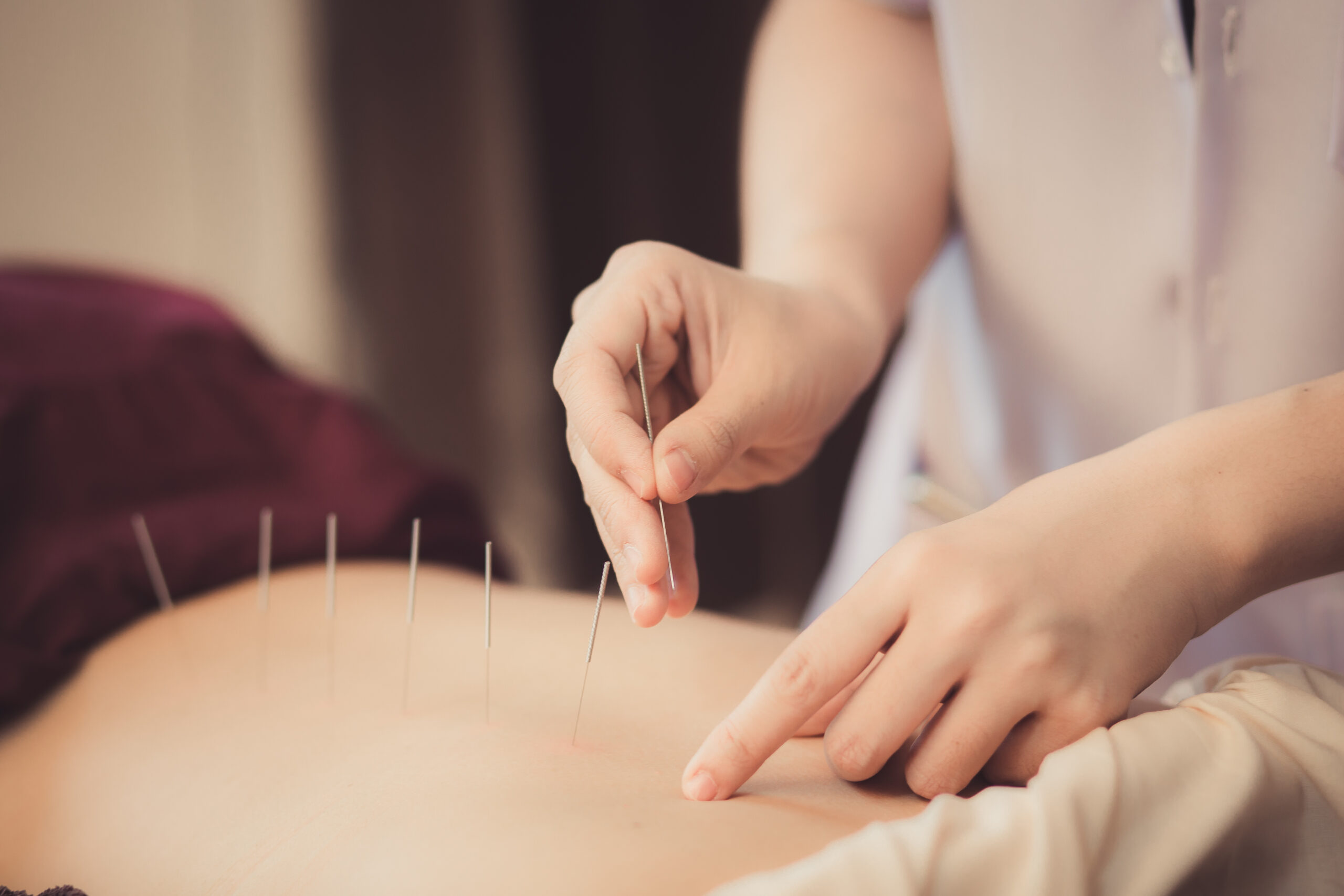
Acupuncture for relief of PMS and menstrual symptoms
Often, birth control medication is used as a one-size-fits-all treatment for a variety of women’s health issues. Although it can be a good fit for some women, it can leave others feeling dismissed or unheard, not to mention burdened with a new set of side effects and health risks. Acupuncture takes a different approach, treating your body holistically to manage and reduce your symptoms.
Acupuncture restores balance in your body. It does this by ensuring energy, known as Qi, is able to flow freely through your meridians. This can improve blood flow and balance your hormones, which in turn reduces stress levels, decreases the frequency and severity of your symptoms, and promotes an overall sense of wellbeing.
If you, like many who menstruate, struggle with PMS and other painful menstrual symptoms, you can benefit greatly from acupuncture. Book your appointment today to start having easier periods.
